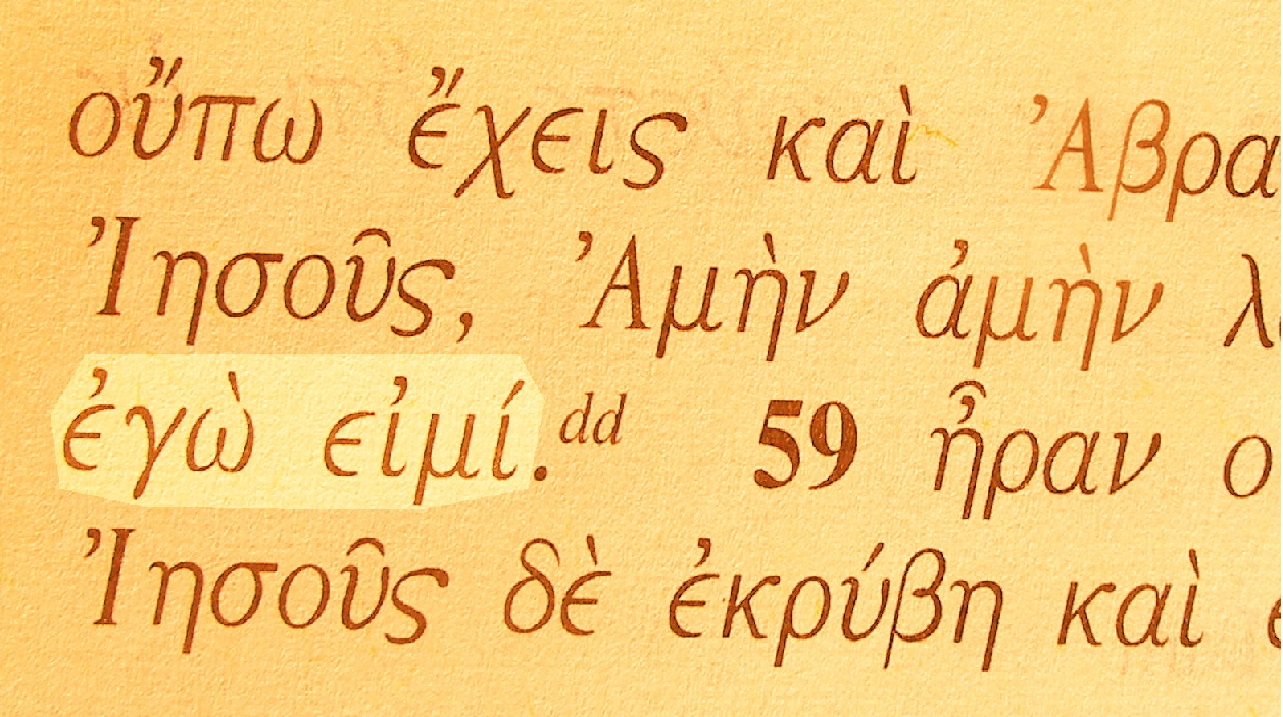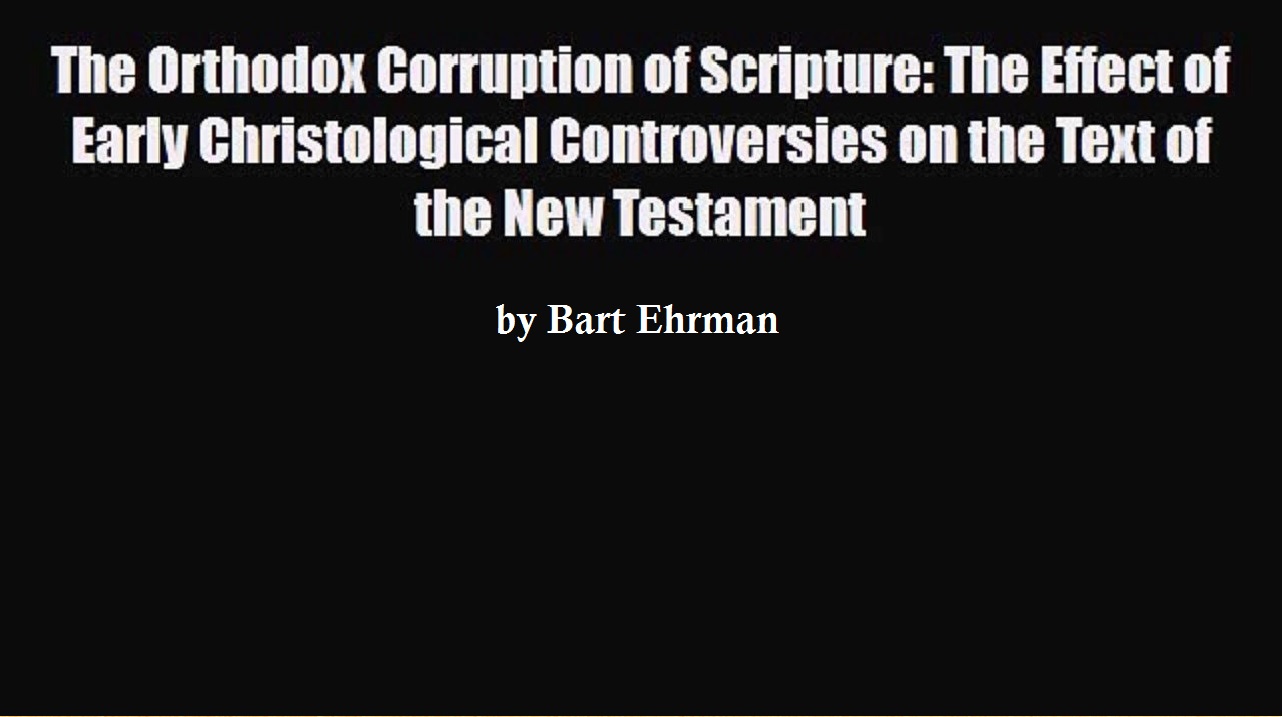
Does Jesus use of “I am” [ego eimi] mean he is God?
September 3, 2016
On John 1.13
September 3, 2016The Easy Language of Matthew & Luke

By Anthony Buzzard
Trinitarianism and Arianism are stuck trying to oppose the easy language of Matt and Luke: One cannot come into existence if one already exists.
Here is what a Trinitarian believes:
“When I say that I believe in the full deity of Christ, that is what I affirm. At his birth our Lord Jesus Christ did not begin to exist…” (Rev. Iain Paisley)
So much for Matthew and Luke and John!
It was Harnack who observed that “preexistence and virginal birth self-evidently exclude each other” (schliessen sich aus).
Dr. James P. Mackey, The Christian Experience of God as Trinity: “The Problem of the Preexistence of the Son.” (p 51, 1983):
“It is best to begin with this particular problem, not only because there are linguistic difficulties here — as soon as we recoil from the suggestion that something can pre-exist itself we must wonder what exactly, according to this term, preexists what else and in what sense it does so — but because it leads directly into the main difficulties encountered in all incarnational and trintarian [or Arian] theology… It does not take a systematician of any extraordinary degree of perspicacity to notice how exegetes themselves are often the unconscious victims in the course of their most professional work of quite dogmatic (that is, uncritical) systematic assumptions.”
Testament scholar, John Knox says beautifully:
“We can have the humanity without the pre-existence and we can have the pre-existence without the humanity. There is absolutely no way of having both.” The Humanity and Divinity of Christ, 1967, p 106.
Wolfhart Pannenberg agrees:
“While in Luke the divine Sonship is established by the almighty activity of the divine Spirit upon Mary (Luke 1:35), in Matthew it is apparently thought of even more emphatically in the sense of a supernatural procreation (Matt. 1:18)…Jesus’ uniqueness [is] expressed in the mode of his birth…[The virgin birth] explains the divine Sonship literally, in such a way that Jesus was creatively begotten by the Spirit of God (Luke 1:35)….Jesus’ virgin birth stands in an irreconcilable contradiction to the Christology of the Incarnation of the preexistent Son of God [and thus to the Trinity or Arianism]…Jesus first became God’s Son through Mary’s conception…[Preexistence] is irreconcilable with this: that the divine Sonship as such was first established in time. Sonship cannot at the same time consist in preexistence and still have its origin only in the divine procreation of Jesus in Mary.” Pannenberg, Jesus – God and Man, pp 120, 142-143.
